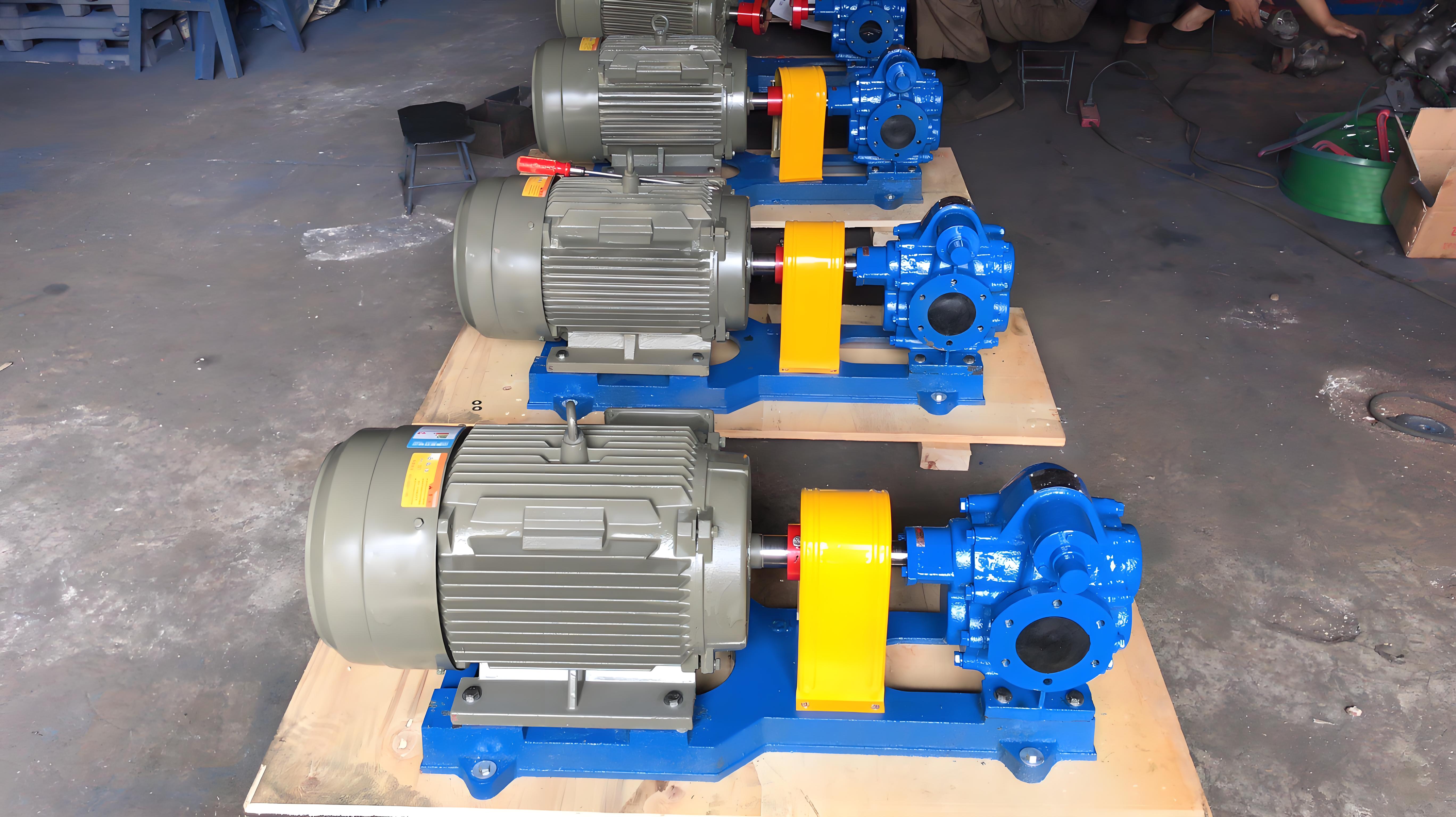Selecting Pumps for Handling High Viscosity Liquids in Industrial Applications
In the realm of industrial production, the handling of high viscosity liquids poses unique challenges that demand specialized equipment. From the smooth flow of oils and resins to the precise delivery of paints and certain chemical substances, the choice of pump is critical in maintaining efficiency, reducing maintenance costs, and ensuring the stability of the production line. This article delves into the selection criteria and characteristics of pumps specifically designed for such demanding tasks.
1. Specialty Positive Displacement Pumps
Positive displacement pumps are engineered to tackle the complexities of high viscosity fluids. Unlike centrifugal pumps, which rely on the impeller's rotational speed to move the fluid, positive displacement pumps operate by periodically changing the volume within their pump chambers. This mechanism ensures a consistent flow rate regardless of the fluid's viscosity or its presence of solids, making them indispensable in industries like petrochemicals, coatings, and oils. Their robust design and adaptability to various fluid properties make them ideal for applications requiring precise and reliable fluid delivery.
2. Gear Pumps
When conventional centrifugal pumps fail to meet the requirements for handling viscous fluids, gear pumps step in as efficient solutions. These pumps leverage the interlocking action of gears to propel the fluid through the system. Known for their simplicity and reliability, gear pumps are particularly useful in applications involving oils and certain chemicals. Their ability to handle materials with particulates and their straightforward operation make them a practical choice. However, users should be cautious of the potential heat buildup during the pumping of highly viscous liquids, necessitating careful management of the pump's operational parameters to prevent overheating.
3. Air-Operated Diaphragm Pumps
For environments where hygiene and minimal environmental impact are paramount, air-operated diaphragm pumps emerge as a preferred solution. These pumps utilize compressed air to drive a flexible diaphragm, facilitating the movement of fluids. Their design ensures no direct contact between the pump mechanism and the fluid, reducing contamination risks. This makes them highly suitable for sectors like food processing and pharmaceuticals, where cleanliness standards are stringent. The pump’s ability to handle solids without leakage or damage, combined with its ease of cleaning, adds to its appeal.
4. Screw Pumps
Screw pumps excel in the transfer of high viscosity fluids and those containing solids. By using two or more screws that rotate within a pump casing, these pumps create a suction at one end and a discharge at the other. This design allows for the continuous and controlled movement of the fluid, making it an excellent choice for applications involving materials like mud, paints, and slurries. With their strong self-priming capability, low noise levels, and smooth operation, screw pumps offer a versatile solution across various industrial sectors, including water treatment and oil refining.

Conclusion
The selection of the appropriate pump for handling high viscosity liquids hinges on factors such as the fluid’s properties, the required flow rate, and the specific industry standards. Whether it's the precision of a positive displacement pump, the reliability of a gear pump, the cleanliness of an air-operated diaphragm pump, or the efficiency of a screw pump, each type offers distinct advantages suited to different applications. By carefully considering these factors, industries can optimize their operations, enhancing productivity while minimizing operational costs and ensuring compliance with safety and environmental regulations.




